"Our students will become the ambassadors of the future--not just in government, but at every level of society--in bridging the cultural and political gaps that impede progress on so many key issues, from climate change and artificial intelligence, to human rights, peace, prosperity and good governance.
- Chris Livaccari, Head of School, Presidio Knolls School
At the 17th Annual National Chinese Language Conference in May 2024, Chris Livaccari presented strategies to help schools develop global exchange programs that actively cultivate their students’ cultural competencies, or their ability to see the world from multiple perspectives and take action on issues of both local and global significance. Below, he highlights why cultural competency is integral to developing critical skills in arts, sciences, and social justice in a world grappling with complex global issues and societal divides.
At Presidio Knolls School, the mindsets and skill sets that our students develop through our language immersion and global exchange programs are just as good for working in a Silicon Valley startup as they are for becoming a diplomat. They are just as good for solving a math or physics problem as they are for taking action on critical issues of social justice.
Our students’ superpower is perspective shifting – the ability to conceptualize a diverse range of solutions to problems, and to use cognitive and emotional empathy to understand the experiences, backgrounds, and ways of thinking of even the most marginalized or radically different people. Helping our students develop these cultural competencies is the core of our Diversity, Equity, and Inclusion efforts (#DEI), and so much more powerful than only teaching content about holidays or heritage months (as in schools with more traditional approaches to pedagogy).
The benefits of becoming bilingual and bicultural extend well beyond learning to speak or read a new language. They enhance our students’ mental flexibility and capacity for understanding – they help create the ability to actively code switch between different modes of communication and different interpretive strategies. They enable our students (as the cliche has it) to “walk in others’ shoes” or (as Marcel Proust had it) to “see with other eyes.”
So many of our students have shared that when they consider a math problem through an English lens or a Chinese lens, it enables them to see a range of different patterns, and conceptualize a unique set of approaches and solutions. The cognitive, aesthetic, and social benefits of bilingualism go far beyond simple linguistic proficiency. At PKS, we use language as a foundation for building the capacity to understand and embrace difference; to find beauty, optimism, and resilience even in the face of adversity; and to formulate, implement, and communicate creative ideas and solutions to complex problems. In this sense, language and culture become the threads around which critical skills in the arts, math and science, history and social justice are woven together. It is their synthesis and synergies that help drive our students’ senses of kindness, curiosity, and courage – the shared values we have defined for our school and community,
This has never been more important for our next generation of young people – in a world confronting a uniquely challenging US-China relationship, wars in Ukraine and the Middle East, economic disparities, and unprecedented levels of political and social divisiveness and polarization. It’s no exaggeration to say that our students will lead the future with energy, creativity, and optimism – it’s why their example inspires us to do what we do each and every day!

